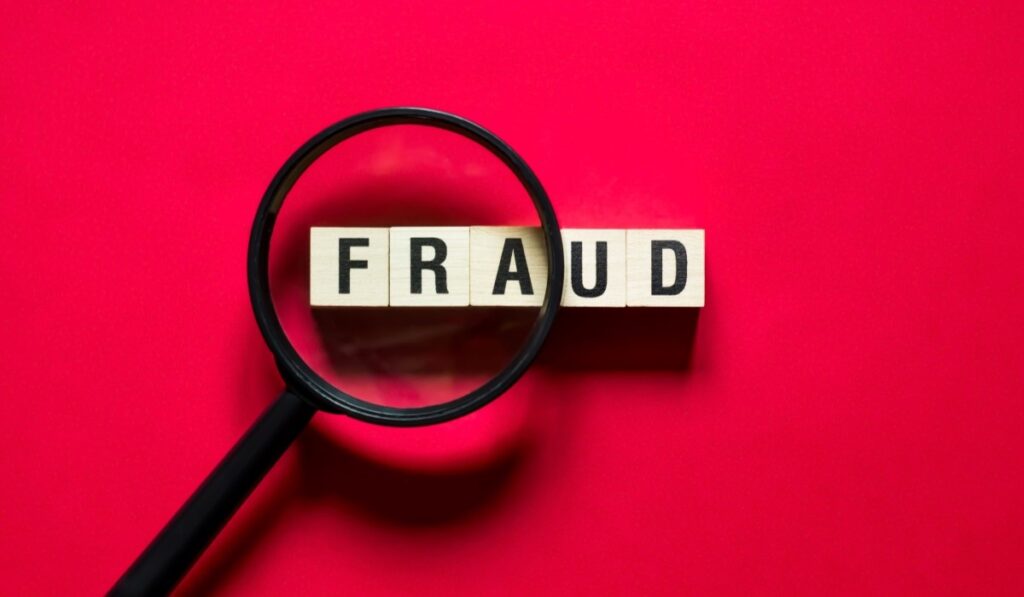As the number of wire transfer fraud cases continues to rise, many victims are seeking compensation from the courts after fraudsters stole much of their life savings or business liquidity.
According to a report released Thursday by Telecommunications Fraud Prevention Corporation Certificate IDReal estate agents, brokers and title companies will increasingly be held accountable if consumers suffer losses.
CertifID’s analysis of more than 100 real estate wire fraud cases found that the most common wire fraud-related legal liability issues for real estate companies are negligence, breach of contract, deceptive business practices and breach of fiduciary duty.
“Although it is criminals who orchestrate business email compromise scams, recent court decisions demonstrate that professionals involved in real estate transactions need to do more to protect consumers from wire fraud scams or risk damages awards from the courts. .
“Over the past four years, fraudsters have become more brazen in their attacks, prompting courts to piece together clearer standards of liability by looking beyond real estate fraud cases and drawing on established theories of duty and liability.”
Through its analysis, CertifID found that, according to the court cases analyzed, “there is no practical way to hold a bank liable for wire fraud losses if the account holder or authorized representative initiates the transfer.”
Additionally, claims for damages will be denied unless “specific insurance coverage exists for the stolen funds and all coverage requirements in the insurance contract are met.”
CertifID said this was because the court adhered to Article 4A of the Uniform Commercial Code, which sets out the rights and responsibilities of parties involved in electronic funds transfers. Although this issue is managed, the code does not contain a mandatory requirement for account matching. It also does not impose an obligation on banks to review new account openings, nor does it require financial institutions to identify, monitor or report suspicious account activity.
But CertifID points out that “if the person requesting the transfer is a bad actor and the movement of funds can be traced to flawed verification measures or a security failure that allowed hackers to enter the banking system, then the bank may be held liable – although we have not seen that to any such case come to light.
“The bank may also be held liable if it does ‘know’ that the beneficiary name and account number do not match, but still process the transaction,” the report added.
Because it is difficult to hold banks accountable, CertifID has found recent court cases showing that real estate companies involved in transactions are often held liable.
“If you are entrusted with sharing wire instructions and raising funds for a real estate closing, recent court cases indicate that you may be liable for some (or all) losses if funds are transferred to a fraudulent account – even if you are not responsible for the transfer of funds,” The report states.
In one case cited by CertifID (Otto v. Catrow Law LLC), a plaintiff who was a victim of wire fraud “relied on the expert opinion of an attorney whose disclaimer prevented him from evaluating the standard of care in West Virginia.”
“The circuit court also found that the alleged insurance notice for the false wiring instructions did not effectively prove a breach of duty,” the report said.
While it is challenging to eliminate potential wire fraud risks or possible litigation from an attack, CertifID recommends that companies focus on educating consumers and their trading partners on the risks of wire fraud, as well as taking steps to protect themselves and their trading partners.
“One of the simplest ways to protect a business from liability is to thoroughly train employees to check spelling and email addresses, and to verify instructions through other methods rather than just email,” the report states. “Practice ‘Good Digital Hygiene’ This means limiting the amount of personal information that is made public, such as email addresses, phone numbers, and account information, thereby limiting the amount of data that can be hijacked by fraudsters.
“As a custodian of funds, you are in a position of trust and knowledge. You have a legal responsibility not only to train your staff to spot red flags and follow proper protocols, but also to counsel consumers about the risks they may face if fraud increases.
In addition, CertifID recommends establishing company-wide standard operating procedures, tested incident response plans, and first-party insurance policies to protect the company from losses.

